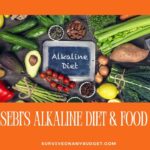1.Do I need to eat breakfast?
It is often said that breakfast is the most important meal of the day. While this may not be strictly true, it is certainly important to eat something in the morning. Breakfast provides the body with energy and nutrients after an overnight fast.
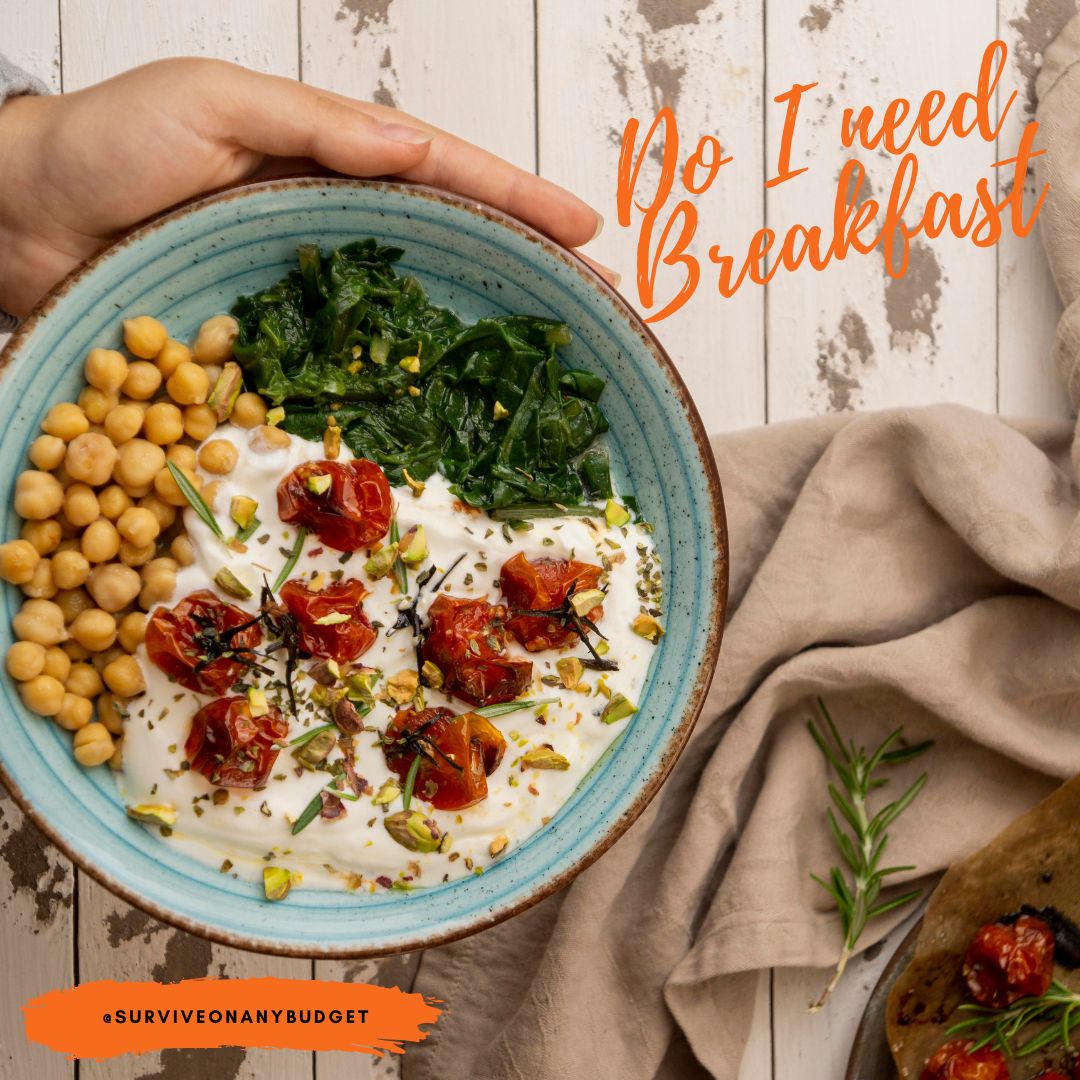
There are many different opinions on what makes a good breakfast. Some people believe that it is necessary to eat a large, high-protein meal in order to start the day off right. Others prefer a lighter breakfast of fruit or yogurt.
There is no one answer to the question of whether or not you need to eat breakfast. It depends on your individual needs and preferences. If you are not a morning person, or if you find yourself feeling hungry mid-morning, it may be beneficial to have something light to eat in the morning. However, if you are not hungry first thing in the morning, there is no need to force yourself to eat breakfast.
2.What is the best way to lose weight without dieting or exercising?
There are many ways to lose weight without dieting or exercising. Some people may try to eat healthy foods and cut out processed foods. Others may try to eat smaller portions. Some people may try to increase their activity level by walking more or taking the stairs instead of the elevator.
Some people may find that they need to do a combination of these things in order to lose weight. Everyone is different and there is no one “right” way to lose weight. It is important to find what works for you and stick with it.
If you are not seeing results after a few weeks, it may be time to consult with a doctor or nutritionist to see if there is anything else you can do. Remember, slow and steady wins the race!
3.Can I eat as much fruit as I want when trying to lose weight?
You can eat as much fruit as you want when trying to lose weight, but there are a few things to keep in mind. First, fruits are high in sugar and calories, so if you’re eating too much fruit, you may not be losing weight. Second, certain fruits may have more sugar than others, so it’s important to choose wisely. And third, some fruits are better for weight loss than others. Here are a few examples:
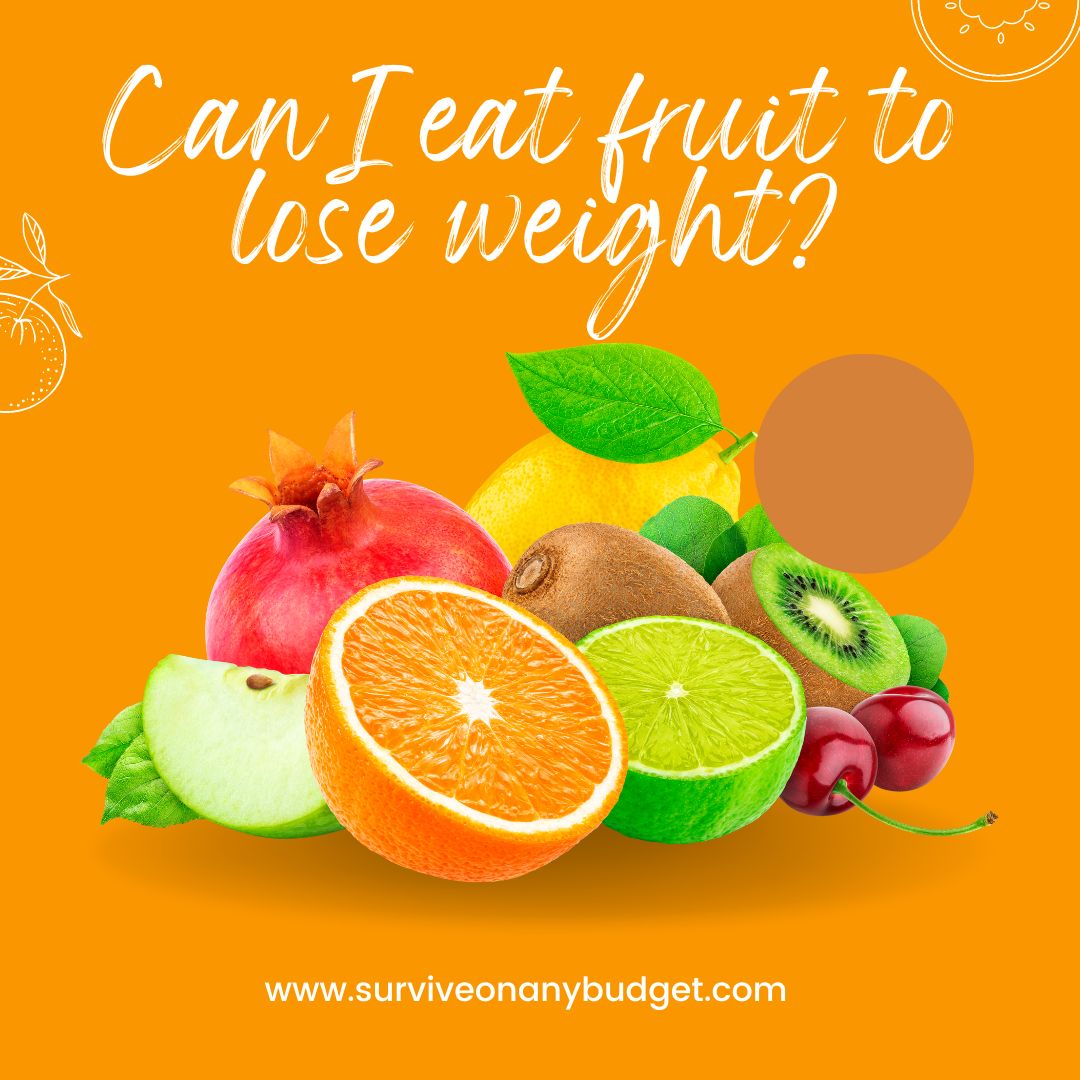
- Apples: Apples are a good source of fiber and antioxidants, both of which promote weight loss.
- Oranges: Oranges are a good source of Vitamin C and fiber, both of which promote weight loss.
- Bananas: Bananas are a good source of potassium and fiber, both of which promote weight loss.
- Grapes: Grapes are a good source of antioxidants and resveratrol, both of which promote weight loss.
So, while you can eat as much fruit as you want when trying to lose weight, it’s important to choose wisely and not overdo it.
4.Is it better to lose weight slowly or quickly?
There is no definitive answer to this question as it depends on the individual situation. Some people may find that they are more successful in losing weight quickly, while others may find that a slower approach is more effective for them.
Some people may be motivated by quick results and feel that they are more likely to stick to a plan if they see results quickly. Others may find that losing weight slowly gives them a better sense of accomplishment and helps them to maintain their motivation.
The best approach is ultimately the one that works best for the individual, so it is important to experiment with different methods to see what works best for you.
5.Should I cut out all sugar if I want to lose weight?
When it comes to weight loss, there are a lot of different approaches that people take. Some people swear by cutting out all sugar, while others find that cutting back on sugar is sufficient. There is no one-size-fits-all answer to this question, as the best approach for you will depend on your individual goals and preferences.
If you are interested in cutting out all sugar in order to lose weight, it is important to be mindful of the other foods that you are consuming. For example, if you replace sugary snacks with high-fat foods, you may not see the results that you are hoping for. Instead, focus on eating healthy foods that will fill you up and help you reach your weight loss goals.
In general, cutting out all sugar is not necessary in order to lose weight. However, if you feel like this approach is right for you, then make sure to do it in a way that is sustainable and will not leave you feeling deprived.
6.How can I make sure I’m getting enough protein while trying to lose weight?
If you’re trying to lose weight, you might be wondering how you can make sure you’re getting enough protein. After all, protein is an essential nutrient that helps your body repair and rebuild cells, and it also helps you feel fuller after eating.
Here are a few tips for making sure you’re getting enough protein while trying to lose weight:
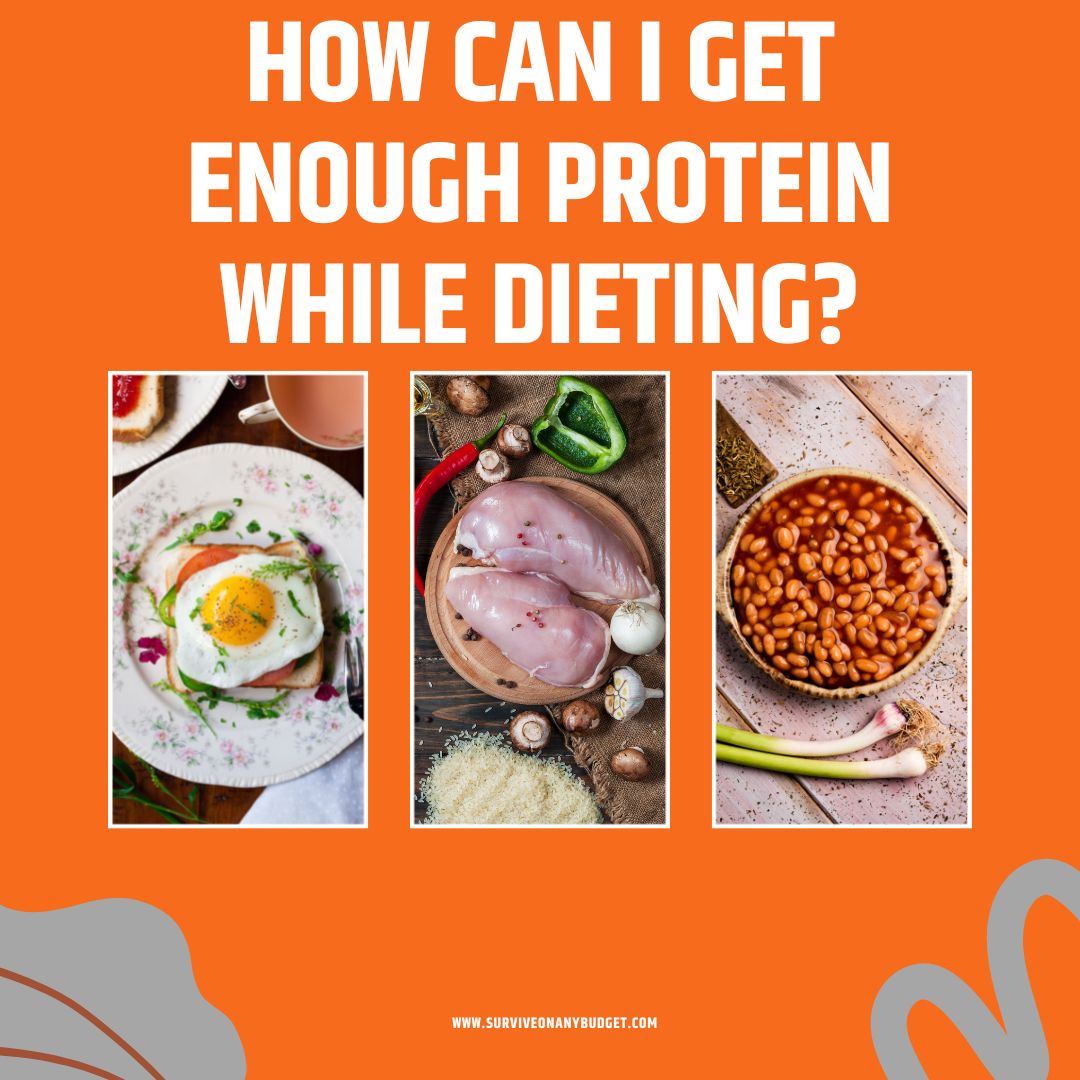
Include protein at every meal and snack. This will help ensure that you’re getting a constant supply of this nutrient throughout the day. Good sources of protein include lean meats, poultry, fish, eggs, dairy products, legumes, nuts and seeds.
Spread your protein intake evenly throughout the day. If you eat most of your protein at one meal or snack, it’s more likely that your body will use it as energy rather than storing it for later use. So try to space out yourprotein intake evenly throughout the day.
Choose quality over quantity when it comes to protein. Not all proteins are created equal – some are better quality than others. For example, animal-based proteins tend to be higher in quality than plant-based proteins because they contain all the essential amino acids your body needs (whereas plant-based proteins may be missing one or more of these amino acids). So when choosing proteins, opt for leaner animal sources such as chicken breast or white fish instead of processed meats like sausage or bacon; or choose plant-based proteins that are complete sources of amino acids such as quinoa or soybeans instead of rice or pasta (which are incomplete sources).
Consider using a protein supplement. If you’re finding it difficult to get enough protein from food alone, you may want to consider using a protein supplement such as whey protein powder or casein powder. These can be mixed into shakes or smoothies, and they can help you reach your daily protein needs without having to eat large amounts of food.
Don’t forget about other nutrients. While protein is important, it’s not the only nutrient that matters when you’re trying to lose weight. Make sure you’re also getting plenty of healthy fats and carbohydrates, and don’t forget about vitamins and minerals too. A well-rounded diet is key to successful weight loss!
7.What are some healthy substitutes for common unhealthy foods?
When it comes to making healthier choices, there are many simple substitutions you can make that will have a big impact. For example, instead of processed white bread, opt for whole grain bread; instead of sugary breakfast cereals, choose ones that are high in fiber and low in sugar; trade out French fries for roasted vegetables.
Here are some other common unhealthy foods and their healthier substitutes:
Unhealthy Food: Soda
Soda is loaded with sugar and has no nutritional value. A can of soda has about 150 calories and 40 grams of sugar.
Healthier Substitute: sparkling water or unsweetened iced tea
Sparkling water or unsweetened iced tea are much better options than soda. They have zero calories and no sugar. If you’re craving something sweet, add a splash of 100% fruit juice to your drink.
8.What is the difference between a calorie and a macro?
There are three main types of nutrients that the body needs in order to function properly: carbohydrates, fats, and proteins. These nutrients are all essential for different reasons and provide the body with different forms of energy.
A calorie is a unit of measurement that refers to the amount of energy that a particular food provides. Carbohydrates, fats, and proteins all contain calories. The number of calories in a food is determined by its macronutrient content. For example, a carbohydrate has four calories per gram, while fat has nine calories per gram. A macro is a term used to describe the major nutrients that the body needs in large amounts. Carbohydrates, fats, and proteins are all macros. The body needs macros in order to function properly and maintain its energy levels.
9.What are healthy fats?
There are four main types of healthy fats:
Monounsaturated fats: These include olive oil, avocados, nuts, and seeds. They’re liquid at room temperature but solid when chilled. They’re also relatively stable, meaning they don’t oxidize and go rancid as easily as other fats.
Polyunsaturated fats: These include omega-3 and omega-6 fatty acids, which are found in fish, certain plant oils (such as flaxseed, soybean, and corn oils), and nuts (such as walnuts). Unlike monounsaturated fats, polyunsaturated fats are liquid at both room temperature and when chilled.
Saturated fats: These include animal-based sources such as butter, lard, tallow, and cream; tropical plant-based sources such as coconut oil and palm kernel oil; and a few other plant-based sources such as cocoa butter. Saturated fats are solid at room temperature but can vary in consistency from being hard (like coconut oil) to being soft (like butter).
Trans fats: These are artificially created by partial hydrogenation of vegetable oils; they’re found in margarines, shortening, some fried foods, some commercial baked goods (such as cookies), snack foods (such as chips), and non-dairy coffee creamer. Trans fats increase the risk of heart disease by raising levels of “bad” LDL cholesterol while lowering levels of “good” HDL cholesterol. For this reason, it’s best to avoid them as much as possible.
10.What are some tips for reducing portion sizes?
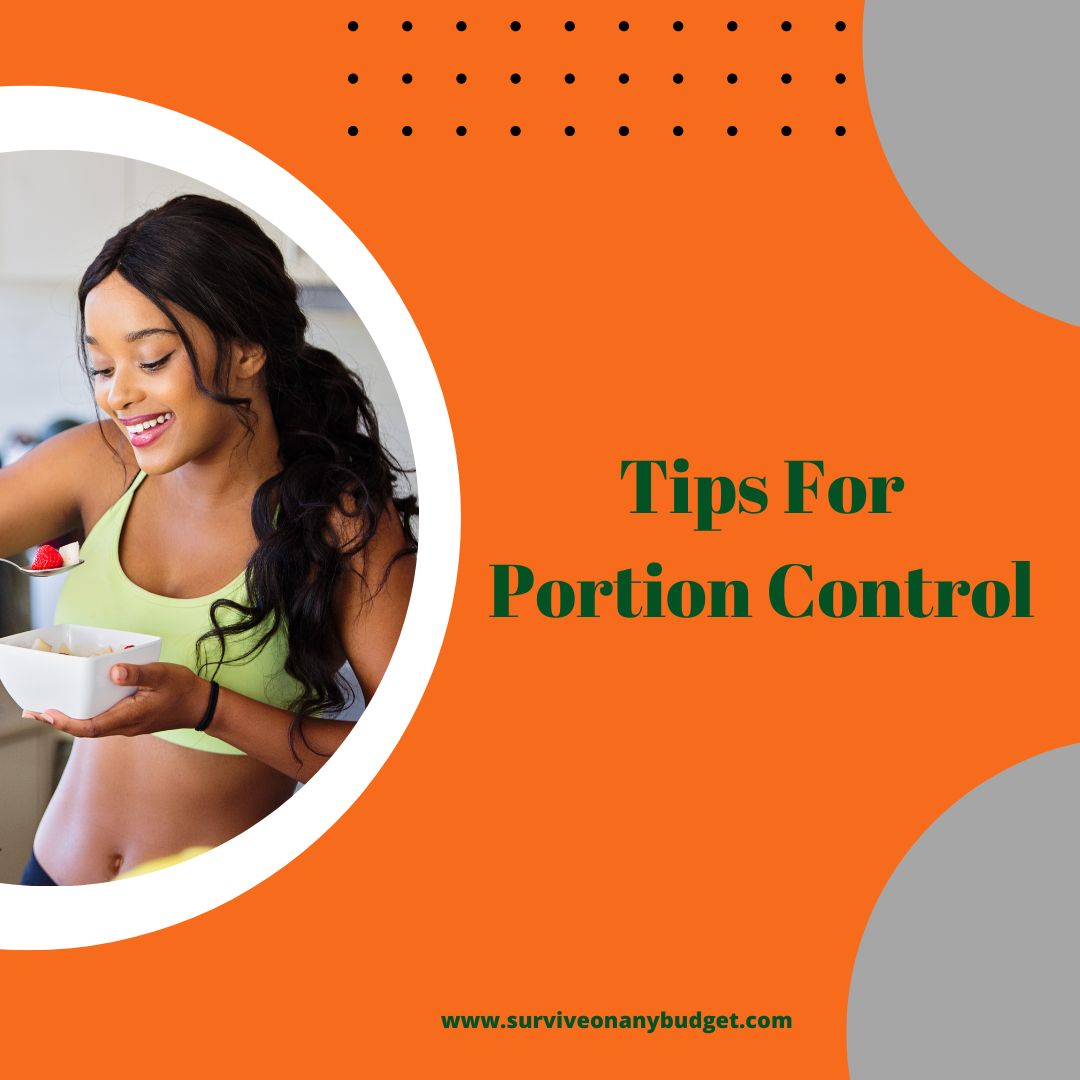
Many people struggle with portion sizes, especially when eating out at restaurants. Here are some tips for reducing your portion sizes:
- Order an appetizer or side dish instead of an entree.
- Ask for a to-go box when you order, and put half of your food in it before you start eating.
- Don’t eat straight from the container or package – measure out a serving size and put the rest away.
- Avoid “all-you-can-eat” buffet style restaurants.
- Slow down and savor your food – it will help you feel fuller faster.
- Drink plenty of water before and during meals to help fill you up.
- Listen to your body – stop eating when you’re no longer hungry, even if there’s food left on your plate.
Following these tips can help you reduce your portion sizes and make healthier choices when it comes to food.
11.What is the best way to eat less and lose weight?
There is no one-size-fits-all answer to this question, as the best way to eat less and lose weight will vary from person to person. However, some general tips that may help include:
-eating regular meals and snacks at set times each day, instead of grazing throughout the day
-planning ahead by prepping meals or packing snacks and bringing them with you on the go
-choosing nutrient-rich foods such as fruits, vegetables, whole grains, lean proteins, and healthy fats
-avoiding sugary drinks, processed foods, and excessive amounts of saturated and unhealthy fats
-limiting portion sizes
-being aware of how much you’re actually eating (i.e., paying attention while you’re eating instead of mindlessly munching)
Making small changes in your diet can lead to big results when it comes to losing weight. By following the tips above, you can start eating less and losing weight in a healthy way that is sustainable for the long term.
12.Can I eat carbs and still lose weight?
Carbohydrates are an important part of a healthy diet and can help you lose weight. However, it is important to choose the right kind of carbs and to eat them in moderation.
Eating too many carbs can lead to weight gain, so it is important to select complex carbs such as whole grains, fruits, and vegetables instead of simple carbs like candy or cake. Complex carbs take longer to digest so they will keep you fuller longer and help prevent overeating.
It is also important to monitor your portion sizes when eating carbohydrates and to make sure you are getting enough fiber. Fiber helps slow down the digestion process so you don’t feel as hungry after eating. When combined with a healthy diet and exercise, eating carbs can help you lose weight.
13.Should I avoid eating before bed if I want to lose weight?
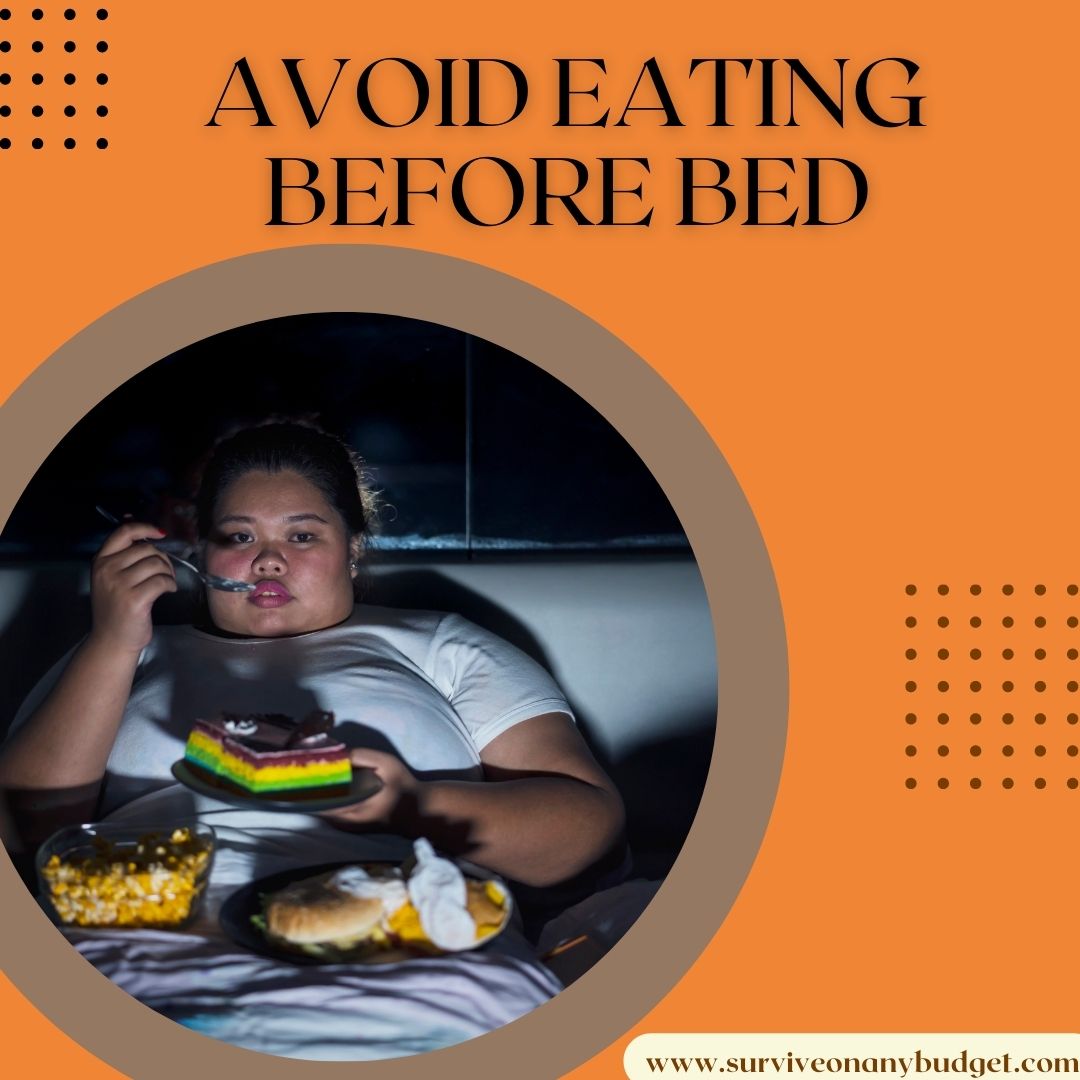
There is some evidence to suggest that eating before bed may not be the best idea if weight loss is your goal. One study found that late-night eaters tended to have higher body weights and more body fat than those who avoided eating before bed.
It’s thought that eating close to bedtime may interfere with sleep, which could lead to weight gain. When we don’t get enough quality sleep, our bodies produce more of the hormone ghrelin, which increases our appetite.
If you are trying to lose weight, it may be best to avoid eating late at night. If you are hungry before bed, try a light snack that is high in protein and low in carbohydrates.
14.How can I make sure I’m getting enough fiber while trying to lose weight?
Fiber is an important nutrient for overall health, and it’s especially important when trying to lose weight. There are two types of fiber: soluble and insoluble. Soluble fiber dissolves in water and forms a gel-like substance, while insoluble fiber does not dissolve in water. Both types of fiber are important for health, but insoluble fiber is especially important for weight loss.
There are a few simple ways to make sure you’re getting enough fiber while trying to lose weight. First, eat a variety of high-fiber foods such as fruits, vegetables, whole grains, legumes, and nuts. Second, choose foods that are rich in both soluble and insoluble fiber. Third, drink plenty of water throughout the day to help your body absorb the fiber you’re eating. By following these simple tips, you can make sure you’re getting enough fiber to support your weight loss goals.
15.What are some good sources of healthy carbs for a weight loss diet?
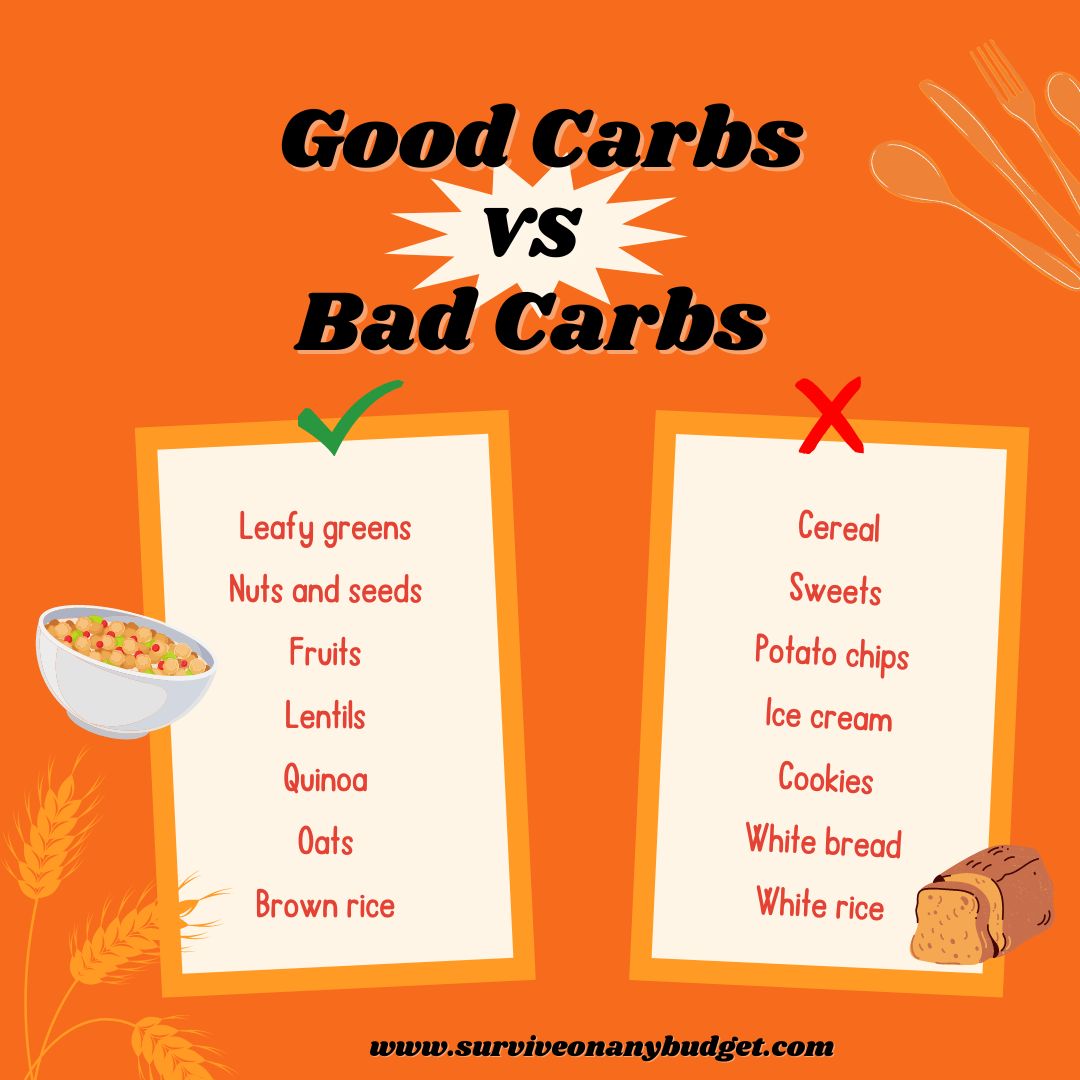
Whole grains like oats, quinoa, and farro are all excellent sources of healthy carbs for a weight loss diet. They’re high in fiber, which helps keep you feeling full longer, and they’re also packed with vitamins and minerals.
Fruits and vegetables are also great sources of healthy carbs. They’re low in calories but high in nutrients, so they can help you reach your weight loss goals while still getting the nutrients your body needs.
Some other good sources of healthy carbs include beans, lentils, and sweet potatoes. These foods are all high in fiber and nutrients, and they can help you reach your weight loss goals while still providing your body with the energy it needs to function properly.
16.What is the difference between a fat loss diet and a weight loss diet?
A weight loss diet is a diet that is intended to help you lose weight. A fat loss diet, on the other hand, is a diet that is intended to help you burn fat.
There are a few key differences between these two types of diets. First, a weight loss diet may allow for more calories than a fat loss diet. This is because when you are trying to lose weight, your body needs more energy and thus more calories.
Second, a weight loss diet may be lower in protein than a fat loss diet. This is because when you are trying to lose weight, your body needs less protein for repair and growth.
Third, a weight loss diet may be higher in carbohydrates than a fat loss diet. This is because when you are trying to lose weight, your body burns carbohydrates for energy rather than fats.
Fourth, a weight loss diet may be higher in fiber than a fat loss diet. This is because when you are trying to lose weight, your body needs more fiber to help it move food through your digestive system and also keep you feeling full longer so that you eat less overall.
Finally, a weight loss diet may be higher in water than a fat loss diet. This is because when you are trying to lose weight, your body needs more water to help flush out toxins and also keep you hydrated.
17.What is the best way to measure body fat percentage?
There are a few different ways to measure body fat percentage, but the most accurate method is through underwater weighing, also known as hydrostatic weighing. This method involves being weighed in a tank of water and requires specialized equipment and trained personnel. Other methods of measuring body fat percentage include skinfold calipers, which pinch the skin at certain points on the body to estimate body fat, and bioelectrical impedance analysis (BIA), which uses electrical signals to estimate body composition. While these methods are not as accurate as hydrostatic weighing, they are more convenient and can be done at home with inexpensive equipment.
To get an accurate measure of your body fat percentage using hydrostatic weighing, you will need to visit a facility that has the proper equipment and personnel. The process involves being weighed in both dry clothes and in water. The difference between your two weights is used to calculate your percent of body fat. While this method is considered the gold standard for accuracy, it can be expensive and inconvenient.
If you want a more convenient method of measuring body fat percentage, skinfold calipers can be used at home with relatively inexpensive equipment. This method involves pinching the skin at specific points on the body with calipers to estimate thickness of subcutaneous fat (fat under the skin). Skinfold measurements are then used to calculate an estimate of total bodyfat percentage. Although this method is not as accurate as hydrostatic weighing, it is a quick and easy way to measure changes in Body Fat Percentage over time.
BIA uses electrical signals to estimate percent of total body water, which is then used to calculate an estimate of total bodyfat percentage . Although BIA is generally considered less accurate than skinfold measurements or hydrostatic weighing , it is more convenient because it can be done at home without special equipment .
18.Why am I not losing weight even though I’m eating less and exercising more?
There are many potential reasons why someone might not lose weight despite eating less and exercising more. It’s possible that their metabolism has changed, making it harder to lose weight. They may also be eating more calories than they think, or not burning as many calories through exercise as they believe. Additionally, hormones can play a role in weight gain or loss, and water retention can affect the appearance of weight loss.
If you’re not losing weight despite making healthy changes to your diet and exercise routine, it’s important to talk to your doctor. They can help you rule out any medical conditions that may be causing weight gain, and offer advice on how to best reach your weight loss goals.
19.Can stress cause weight gain?
Can stress cause weight gain? The short answer is yes. The long answer is a little more complicated.
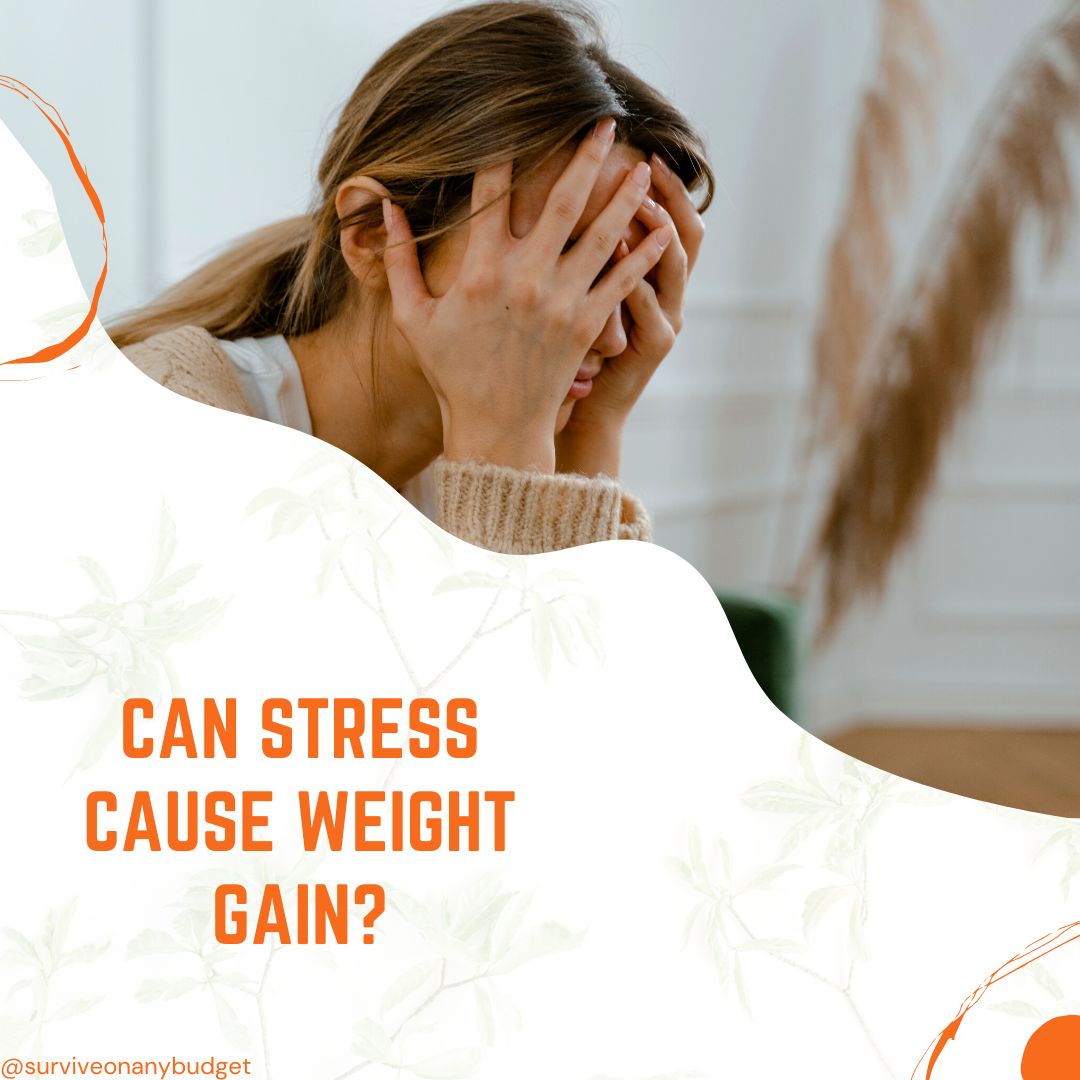
When we feel stressed, our bodies release a hormone called cortisol. Cortisol is responsible for many things, one of which is increasing our appetite. This is because when we’re stressed, our bodies are preparing for a “fight or flight” response – and that means we need energy to fight or run away from whatever is causing the stress.
So, when cortisol levels are high, we’re more likely to crave high-calorie, high-fat foods that will give us a quick burst of energy. We’re also less likely to feel full after eating, which can lead to overeating. And on top of all that, stress can also lead to sleeplessness – and when we’re tired, we’re more likely to reach for unhealthy snacks as well.All of this can add up to weight gain – even if we’re not consciously trying to eat more. So if you’re struggling with stress-related weight gain, it’s important to find ways to manage your stress levels. That might mean exercise, meditation, time management techniques…whatever works for you.
20.How can I avoid gaining weight while pregnant?
There are a few things you can do to avoid gaining too much weight while pregnant:
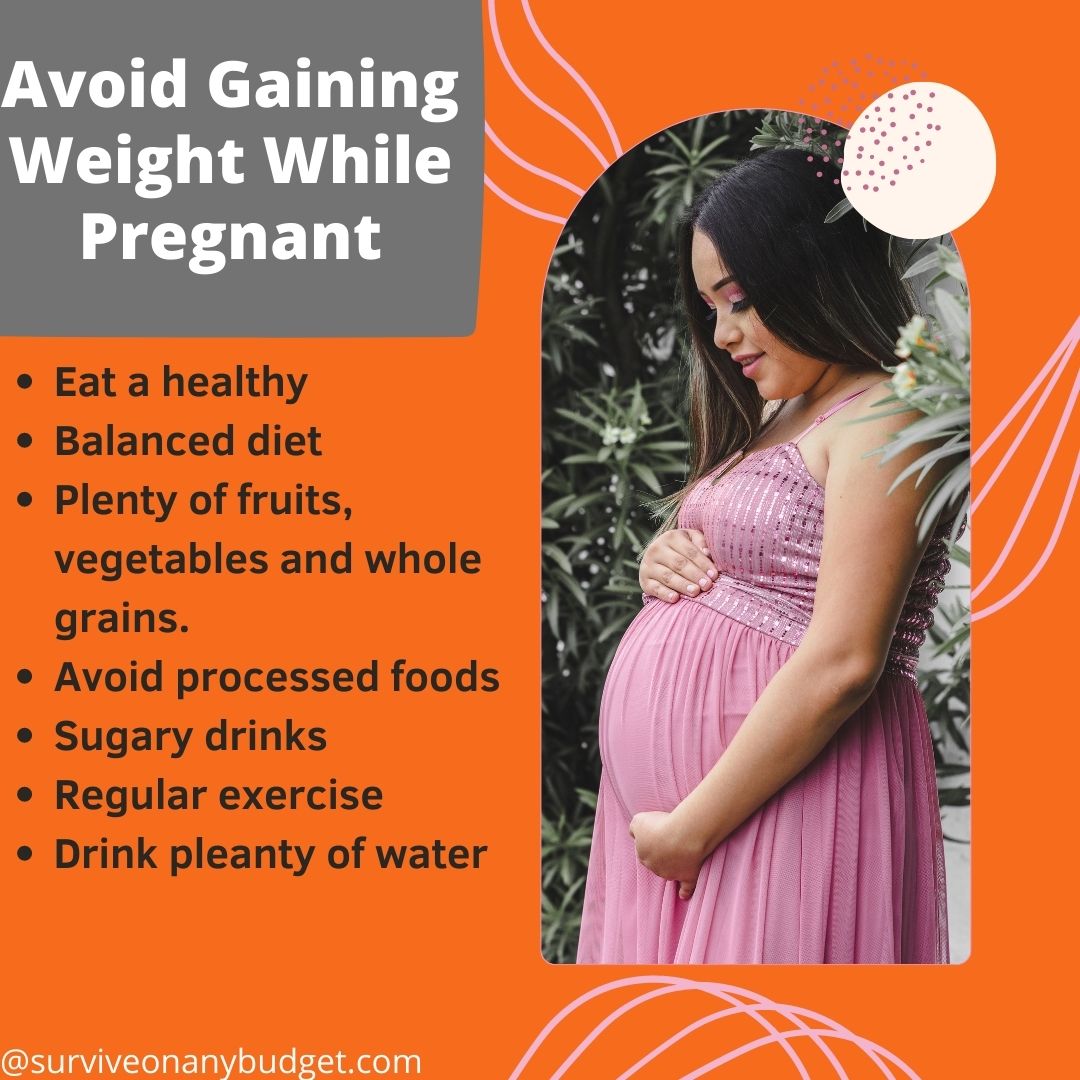
Eat a healthy, balanced diet. Make sure to include plenty of fruits, vegetables, and whole grains. Avoid processed foods and sugary drinks.
Get regular exercise. Taking a brisk walk or going for a swim are great exercises to do during pregnancy.
Don’t skip meals. It’s important to eat small, frequent meals throughout the day to keep your energy levels up and avoid overeating later on.
Drink plenty of water. Staying hydrated will help you feel fuller and less likely to snack on unhealthy foods.
Avoid excessive weight gain. Gaining more than the recommended amount of weight during pregnancy can be harmful to both you and your baby. Talk to your doctor if you’re concerned about your weight gain.
21.Is it possible to be overweight and still healthy?
There is a lot of debate surrounding this topic. Some people believe that it is possible to be overweight and still healthy, while others believe that being overweight is always unhealthy.
There are some arguments for the idea that being overweight does not necessarily mean being unhealthy. For example, someone who is overweight may have a higher body fat percentage but also a higher muscle mass. This person would likely have a lower risk of developing obesity-related health problems than someone of normal weight with a lower muscle mass.
However, most experts agree that it is very difficult to be both overweight and healthy. Being overweight increases your risk for many serious health conditions, such as heart disease, stroke, diabetes, and certain types of cancer. These risks are even greater if you are obese (defined as having a BMI of 30 or above).
So while it is possible to be overweight and still healthy, it is very unlikely. If you are concerned about your weight, talk to your doctor about ways to lose weight safely and improve your overall health.
22.How can I tell if I’m overweight or obese?
There are a few ways to tell if you are overweight or obese. One way is to look at your Body Mass Index (BMI). BMI is a measure of body fat based on height and weight. A BMI of 25 or higher is considered overweight, while a BMI of 30 or higher is considered obese.
Another way to tell if you are overweight or obese is to look at your waist size. A waist size of 40 inches or more for men and 35 inches or more for women is considered obese. A waist size of 35 inches or more for men and 30 inches or more for women is considered overweight.
If you are concerned that you may be overweight or obese, talk to your doctor. They can help you determine if you are at a healthy weight and make recommendations for how to lose weight, if necessary.
23.What are some medical conditions that can cause obesity?
There are many medical conditions that can cause obesity. Some of the more common ones include:
-Hypothyroidism: This is a condition in which the thyroid gland does not produce enough of the hormone thyroxine. This can lead to weight gain and difficulty losing weight.
-Polycystic ovarian syndrome (PCOS): This is a hormonal disorder that can cause women to gain weight, have trouble losing weight, and develop cysts on their ovaries.
-Cushing’s disease: This is a condition in which the body produces too much of the hormone cortisol. Cortisol can lead to weight gain and obesity.
-Certain medications: Some medications, such as steroids, can cause weight gain.
24.What are some good sources of probiotics and prebiotics?
There are many good sources of probiotics and prebiotics. Probiotics are live bacteria that are beneficial to the gut. Prebiotics are non-digestible fiber that feeds the probiotics. Probiotics and prebiotics work together to promote a healthy gut.
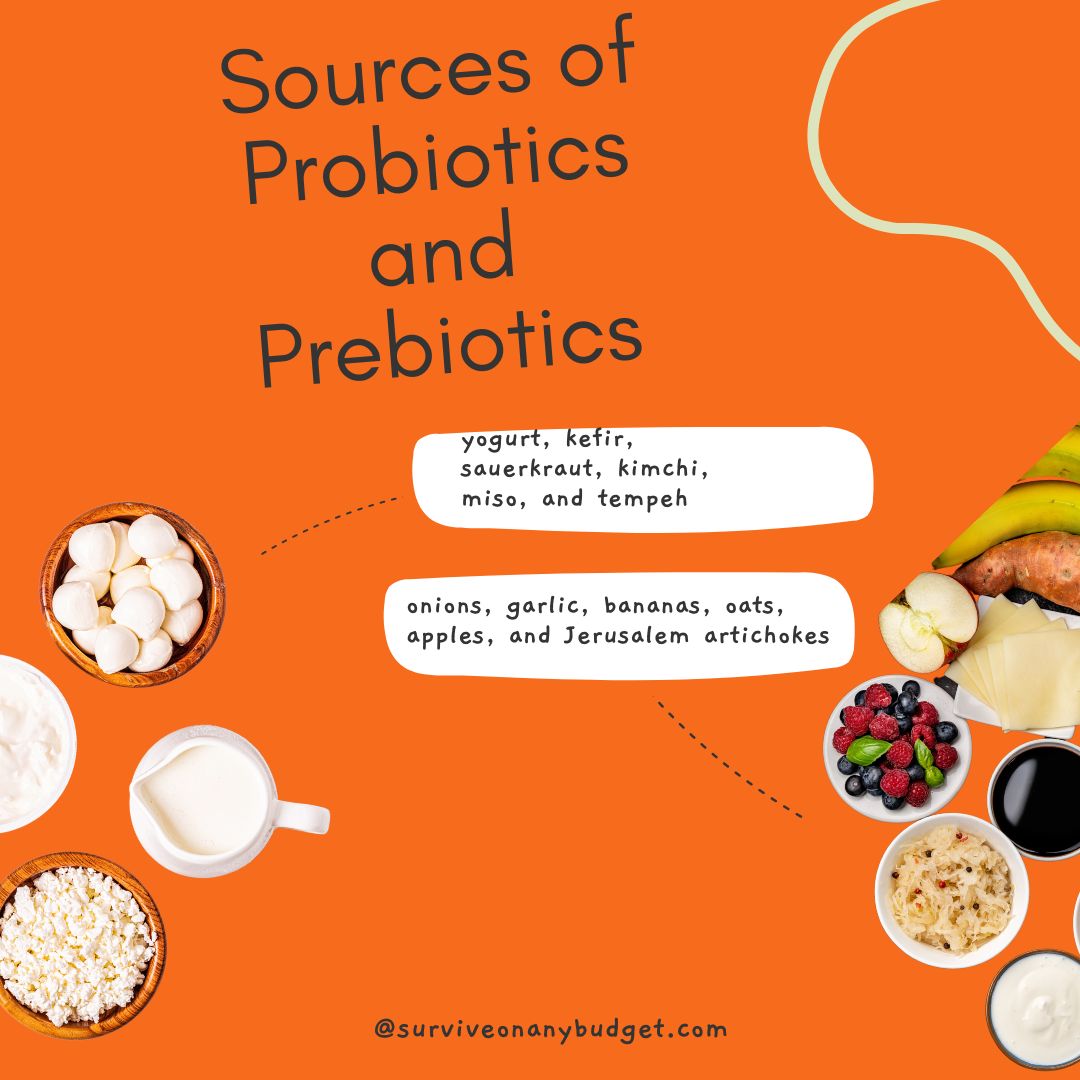
Some good sources of probiotics include yogurt, kefir, sauerkraut, kimchi, miso, and tempeh. These foods contain live bacteria that can help improve gut health. Probiotic supplements are also available.
Prebiotics can be found in a variety of foods such as onions, garlic, bananas, oats, apples, and Jerusalem artichokes. These foods contain soluble fiber that feeds the probiotics in the gut. Prebiotic supplements are also available.
25.What are the risks associated with obesity?
There are many risks associated with obesity. These include an increased risk of developing type 2 diabetes, high blood pressure, sleep apnea, joint problems, and certain types of cancer. Obesity can also lead to social and psychological problems, such as discrimination and low self-esteem.
The good news is that even moderate weight loss can help reduce the risks associated with obesity. So if you are obese, or even just overweight, talk to your doctor about ways to safely lose weight.
26.What are some tips for preventing weight gain?
There are a few key things you can do to prevent weight gain.
Firstly, make sure you’re eating a balanced diet. This means eating a variety of healthy foods from all the food groups, and not overindulging in any one thing. It’s also important to control portion sizes, and not eat more than you need.
Secondly, get regular exercise. This doesn’t mean you have to join a gym or start running marathons, but even moderate activity like walking or swimming can help prevent weight gain. Exercise helps to boost your metabolism and burn calories, as well as helping to keep your appetite under control.
Finally, try to avoid stress and anxiety. When we’re stressed, our bodies produce the hormone cortisol, which can lead to weight gain. So find ways to relax and de-stress, whether it’s through yoga or simply taking some time out for yourself each day.
27.What is the 7 Day Weight Loss Challenge diet?
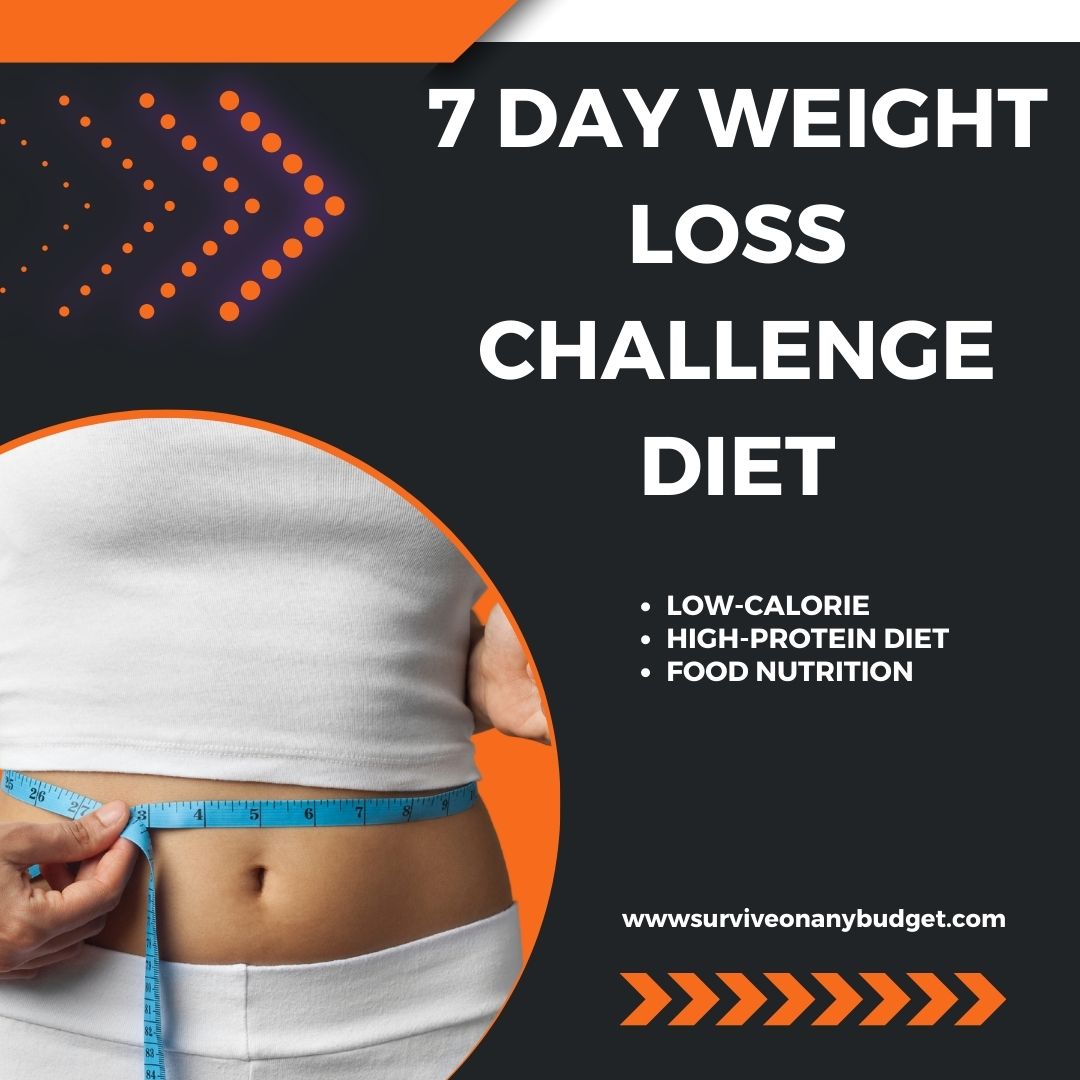
The 7 Day Weight Loss Challenge diet is a low-calorie, high-protein diet that requires you to eat only certain foods and to avoid all others. The challenge lasts for seven days, during which time you must consume only the foods on the approved list and nothing else. The goal of the challenge is to help you lose weight quickly and effectively, while teaching you how to make healthier choices when it comes to food.
The 7 Day Weight Loss Challenge diet is not for everyone, as it can be difficult to stick to such a restricted diet for an extended period of time. However, if you are committed to losing weight and are willing to put in the effort, this diet can be an effective way to help you reach your goals.




